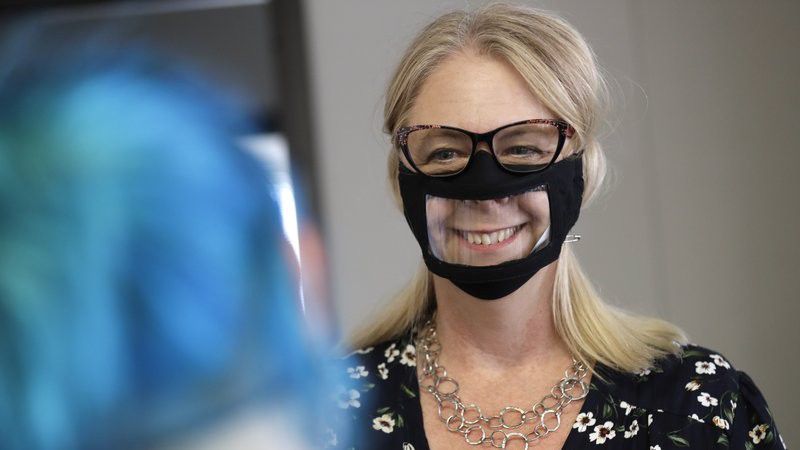NATIONWIDE — While wearing a facial covering consistently and correctly has been shown to reduce the spread of the novel coronavirus, there is a group of people those masks can shut out: the disabled community.
Spectrum News spoke with Melanie Cowthon, co-founder and executive director of the nonprofit DisabilitySA. The organization connects those with disabilities to resources in and around San Antonio, Texas.
According to Cowthon, opaque face masks limit or completely cut off the hearing impaired from communication in many instances. In addition, they may limit communication for people with autism. The hearing impaired often rely on lipreading, and people with austism may rely as much on facial expressions for effective communication as they do spoken words.
"Covering up your mouth eliminates communication. It puts up a barrier to clear communication to individuals living with a hearing impairment or even individuals with autism who really depend on facial expression for communication," Cawthon said.
RELATED: On ADA Anniversary, Advocates Say Disability Community Facing Setback During COVID-19
In addition to being beneficial to the hearing impaired and people with autism, clear face masks might benefit those people who work with children or interact with people who speak a different language or dialect.
If you’re interested in picking up a few clear masks, there are options. According to the makers of the ClearMask, their product offers full face visibility and is optimized for comfort and breathability.
Makers of The Communicator mask have produced a facial covering designed for health care workers.
In addition, there are a wide variety of clear masks from which to choose on websites including Amazon and Etsy.






